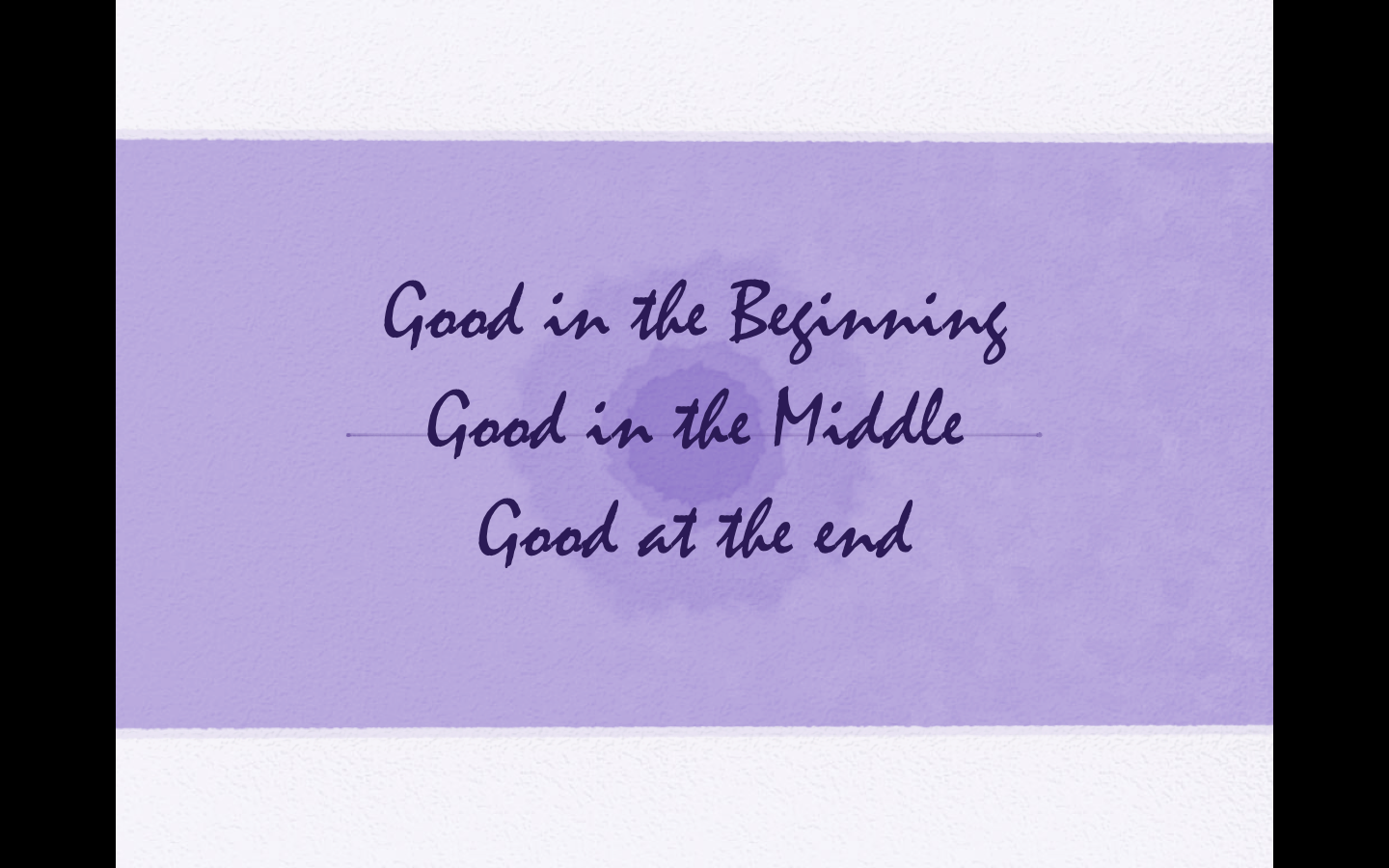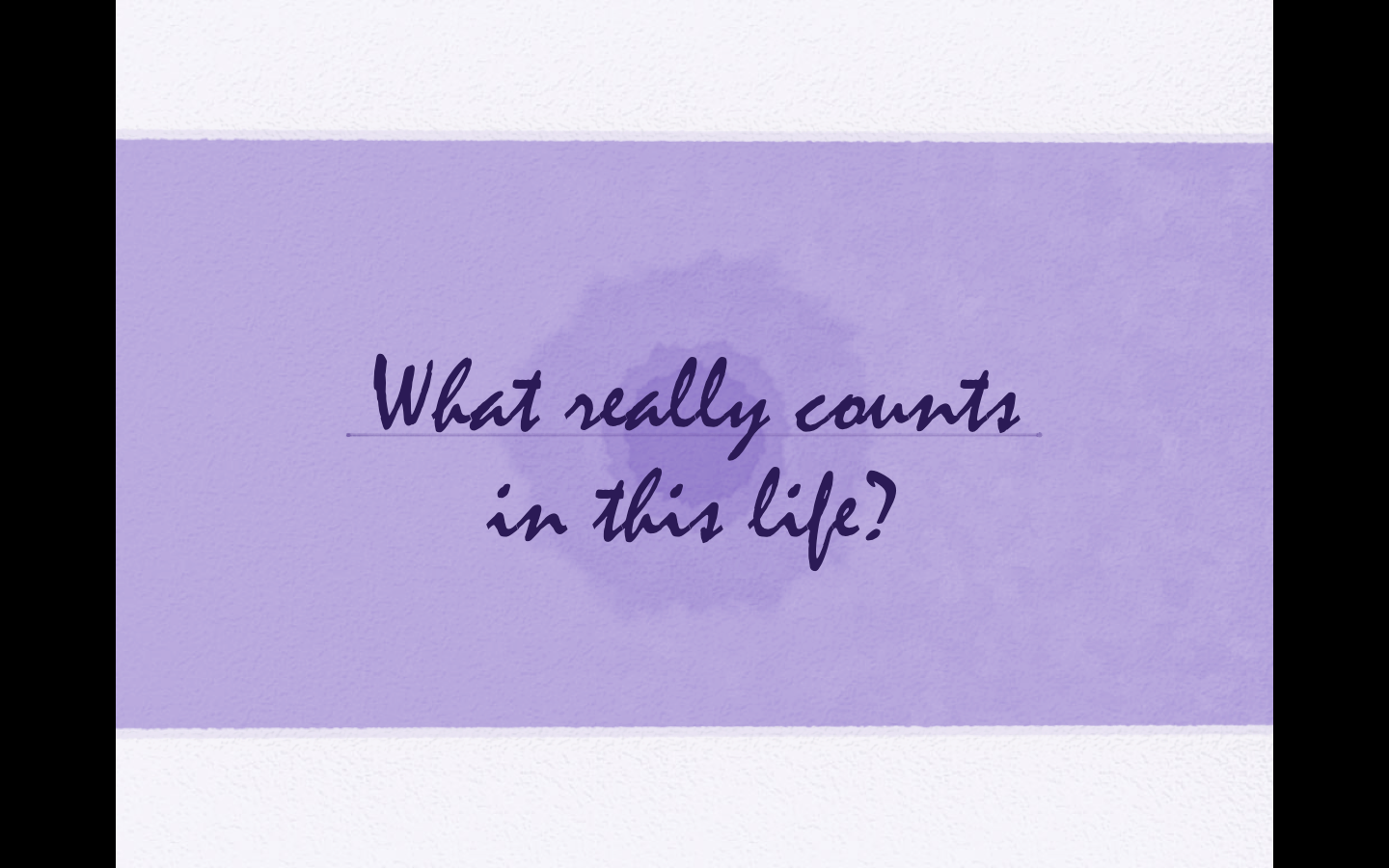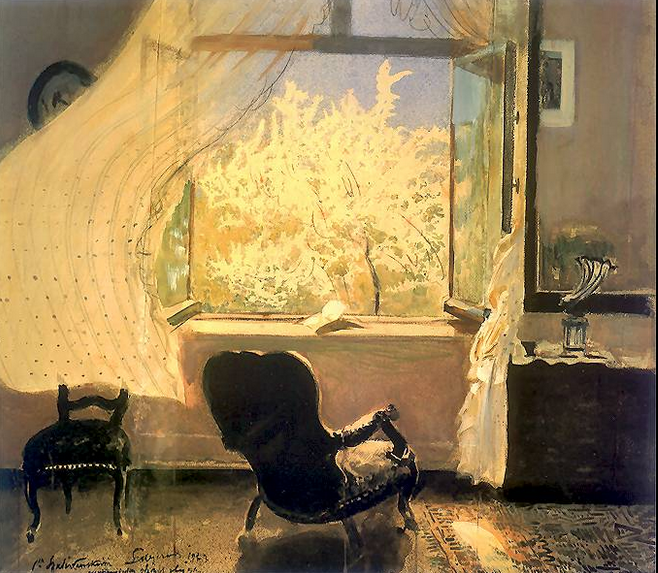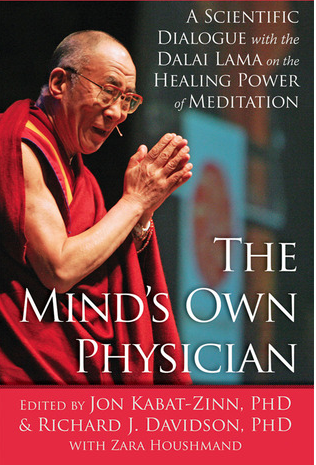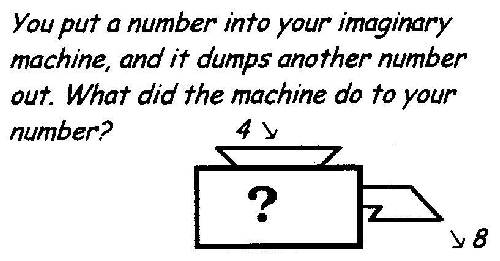Writing and Meditation
I’m one of those people who’s been interested in meditation for a long time. But I’ve been mostly interested from a distance–because I also find it really, really hard. I find it hard to hold a thought—or my breath—in my mind, to concentrate on that thought, or to try and work with it. I’m one of those people who finds it easier to focus on a thought—and hold it—work with it—if my fingers are moving on a keyboard, or across a page.
I suspect this has everything to do with practice. If I were to graph the hours I’ve logged writing in my life—starting with the alphabet—and compare it to a graph of the minutes I’ve logged meditating, the meditation minutes would be powerfully dwarfed—they would literally disappear.
I’ve been interested for a while now in how writing can become a kind of meditation—perhaps a bridge to meditation—or a boat—for those of us who have trouble diving into the deep pool of meditation.
In 2014, I had the idea to explore connections between writing and meditation and I feel like I only began to scratch the surface. I also made a decision late in the year to let this thread go for a while. I may pick it up again at some point. I continue to think there may be something fruitful in this connection between writing and meditation . . . Maybe . . .
____________________________________________________________
Photo is of a painting by Leon Wyczotkowski, a Polish realist, from Wikimedia Commons
Meditation as Housekeeping
In The Peaceful Stillness of the Silent Mind, in a chapter called, “Introduction to Meditation,” which I also wrote about a few weeks ago, Lama Yeshe talks about two kinds of meditation: analytical meditation and concentration meditation. He compares meditation to housekeeping and then talks about how both types are necessary. He writes: By gradually developing your meditation technique, you become more and more familiar with how your mind works, the nature of dissatisfaction and so forth and begin to be able to solve your own problems. For example,...
Good in the Beginning
I came across another piece of advice about meditation that I found useful, and thought I would share it, this from The Tibetan Book of Living and Dying, by Sogyal Rinpoche, a book that was recommended to me about fifteen years ago and was one of the first books I ever read about meditation. In a chapter on meditation, called “Bringing the Mind Home,” he talks about a method for making meditation more powerful and useful. He calls it, “Good in the Beginning, Good in the Middle, and Good...
Writing and Meditation Prompt: On “In Silence” by Thomas Merton
Be still. Listen to the stones of the wall. Be silent, they try to speak your name. Listen to the living walls. Who are you? Who are you? Whose silence are you? from “In Silence” by Thomas Merton One way of thinking about meditation, it occurs to me, is to think of it as listening to thoughts in the silence—either one’s own thoughts or the thoughts of someone else, or some combination of the two. And one way of thinking about writing and...
Writing and Healing Prompt: A Poem and a Meditation
________________ “Hurry” by Marie Howe We stop at the dry cleaners and the grocery store and the gas station and the green market and Hurry up honey, I say, hurry hurry, as she runs along two or three steps behind me her blue jacket unzipped and her socks rolled down. Where do I want her to hurry to? To her grave? To mine? Where one day she might stand all grown? Today, when all the errands are finally done, I say to her, Honey I’m sorry I keep saying...
Thinking About the Preciousness of Human Life
The kind of meditation I’m most familiar with (mostly from hearing about it and only a bit from experience) is meditation that focuses attention on a single object—like the breath—or that focuses on one’s thoughts or experiences, such as in mindfulness meditation. But when Matthieu Ricard finally turns to actual suggested meditations, in his fourth chapter, “Turning the Mind Toward Meditation,” he doesn’t start with either concentration meditation or mindfulness. Instead, he begins with four meditations that will, themselves, he suggests, “strengthen your determination to meditate.” Some teachers, I...
5 Conditions for Writing and Meditation, Part Two
4. Enthusiasm. The first three conditions (that I wrote about last week) are tangible. This one is a bit more abstract. I like that Ricard includes 2 possible sources for enthusiasm: thinking about the benefits and then getting a taste of them. For me, with writing, the latter happened first. I wrote and I tasted the benefits and that motivated me to want to continue. I only learned about possible benefits in a theoretical sense much later. But with meditation, for me, it’s been the other way around. I’ve been...
Meditation as the Mind’s Own Physician?
I’ve begun reading a second book on meditation: The Mind’s Own Physician. I chose it because it’s put out by the Mind & Life Institute, who also put out the book, Train Your Mind, Change Your Brain, an excellent book by Sharon Begley which came out of a series of conversations in October 2004 between the Dalai Lama and a small group of neuroscientists in Dharamsala on the science of neuroplasticity. The Mind’s Own Physician serves as a kind of sequel, coming out of a much larger conference in...
Writing and Healing Prompt: Locating a Potential for Change
The idea here, coming out of Matthieu Ricard’s instructions in Why Meditate? is to establish a motivation—a why—right at the beginning. His first suggested meditation, “A Vow to Transform,” included in his preliminary instructions, brings together many of the early ideas from his book—especially this notion that change is both desirable and possible—for any of us—for all of us. Though he presents it as one paragraph in his book, I’m presenting it here in 5 pieces—2 questions and 3 pieces of advice. And, of course, you could adapt this...
Why Meditate? by Matthieu Ricard: Preliminary Instructions
My copy of Why Meditate? has arrived and I am reading it slowly, trying to become at least a beginning student of meditation, and at the same time think about what writing and meditation might have to do with each other. After a chapter on the why of meditation—with much of the material similar to his video on the art of meditation that I’ve been writing about—Ricard begins the much longer “How to Meditate” section with preliminary instructions and offers six pieces of advice. I’m going to write about...
The Art of Meditation, Part 4: The Mind as Translator
I’m returning to “The Art of Meditation,” and to a quote from the video that I wrote about last week. But now I’m looking at a metaphor that Matthieu Ricard uses: the mind as translator. We aspire to be free from suffering and to find some happiness. There are outer and inner conditions to that. The outer conditions—we ought to improve them as much as possible. But if we know that the way our mind experiences that, the way our mind translates the outer condition as happiness or...


